Description
Lansoprazole 30mg is a proton pump inhibitor (PPI). It works by lowering the amount of acid made in the stomach. Doctors use it to treat problems such as acid reflux (GERD), stomach and duodenal ulcers, and conditions where too much acid is produced, like Zollinger–Ellison syndrome. It is also given with antibiotics to clear Helicobacter pylori infections, which can cause ulcers. By controlling acid levels, it helps with symptoms like heartburn, indigestion, and stomach pain, while also helping ulcers heal.
Ingredients
-
Lansoprazole 30mg
Drug Class
-
Proton pump inhibitor (PPI)
Dosage Form
-
Capsule
Uses
Lansoprazole 30mg may be prescribed for:
-
Acid reflux (GERD)
-
Gastric and duodenal ulcers
-
Zollinger–Ellison syndrome
-
H. pylori infection (with antibiotics)
-
Prevention of ulcers from long-term NSAID use
-
Relief from heartburn, indigestion, and stomach acidity
Dosage
-
Usual adult dose for reflux and esophagitis: 30mg once daily before a meal
-
Duodenal ulcers: 30mg once daily for up to 4 weeks
-
Gastric ulcers: 30mg once daily for up to 8 weeks
-
Zollinger–Ellison syndrome: starting from 60mg daily, adjusted as needed
-
H. pylori treatment: 30mg once or twice daily for 10–14 days with antibiotics
-
NSAID-related ulcers: 15–30mg daily, depending on condition
-
Children’s dose is based on age and weight and must be decided by the doctor
In Case of Overdose
Overdose may cause nausea, vomiting, dizziness, confusion, or blurred vision. Seek medical help right away.
Missed Dose
Take it as soon as you remember. If it’s almost time for the next dose, skip the missed one. Do not take two doses at once.
How to Use
-
Take with water, usually before food
-
Swallow whole; do not crush or chew
-
Take at the same time each day
When Not to Use
Do not use if:
-
You are allergic to Lansoprazole or other PPIs
-
You have severe liver problems (unless under supervision)
-
You are taking rilpivirine-containing medicines
-
You are pregnant or breastfeeding without your doctor’s advice
-
You have very low magnesium levels or untreated stomach cancer
Side Effects
Some people may experience:
-
Headache
-
Nausea or vomiting
-
Diarrhea or constipation
-
Stomach pain or gas
-
Dizziness or tiredness
-
Skin rash (rare but serious)
Precautions & Warnings
-
Use carefully if you have liver or kidney problems
-
Long-term use may lower magnesium or vitamin B12 — regular blood tests may be needed
-
Prolonged use may increase risk of bone fractures
-
May increase risk of gut infections like C. difficile
-
Always rule out stomach cancer before starting treatment
-
Do not stop suddenly after long-term use — tapering may be needed
Drug Interactions
Lansoprazole may interact with:
-
Warfarin and other blood thinners (higher bleeding risk)
-
Drugs needing stomach acid for absorption (e.g., ketoconazole, iron supplements)
-
Clopidogrel (may reduce its effect)
-
Methotrexate (can increase its levels)
-
Antivirals like rilpivirine (not to be used together)
-
Diuretics (may increase risk of low magnesium)
-
Other PPIs or acid-reducing medicines
Food Interactions
-
Best taken on an empty stomach for good absorption
-
Avoid excess caffeine or alcohol, as they irritate the stomach
-
Grapefruit juice may increase side effects — best to avoid
-
A balanced diet with enough calcium, magnesium, and vitamin B12 is advised for long-term users
Storage
-
Keep at room temperature (15–30°C)
-
Store in a dry place, away from heat and sunlight
-
Keep out of reach of children
-
Dispose of unused or expired capsules safely, not in household waste
Quick Tips
-
Take 30–60 minutes before a meal
-
Do not crush or chew the capsule
-
If using long-term, get regular check-ups for magnesium, vitamin B12, and bone health
-
Avoid alcohol and very heavy meals before taking it
Laboratory Tests
Doctors may recommend:
-
Magnesium and vitamin B12 levels (long-term use)
-
Liver and kidney function tests
-
Bone density checks for osteoporosis risk
-
Tests for H. pylori before starting treatment

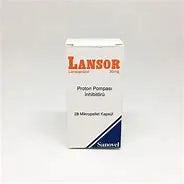
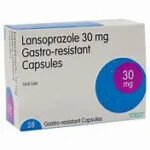
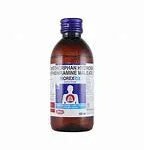


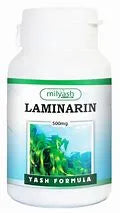
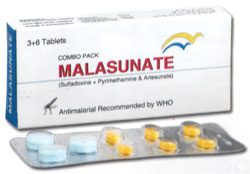
Reviews
There are no reviews yet.